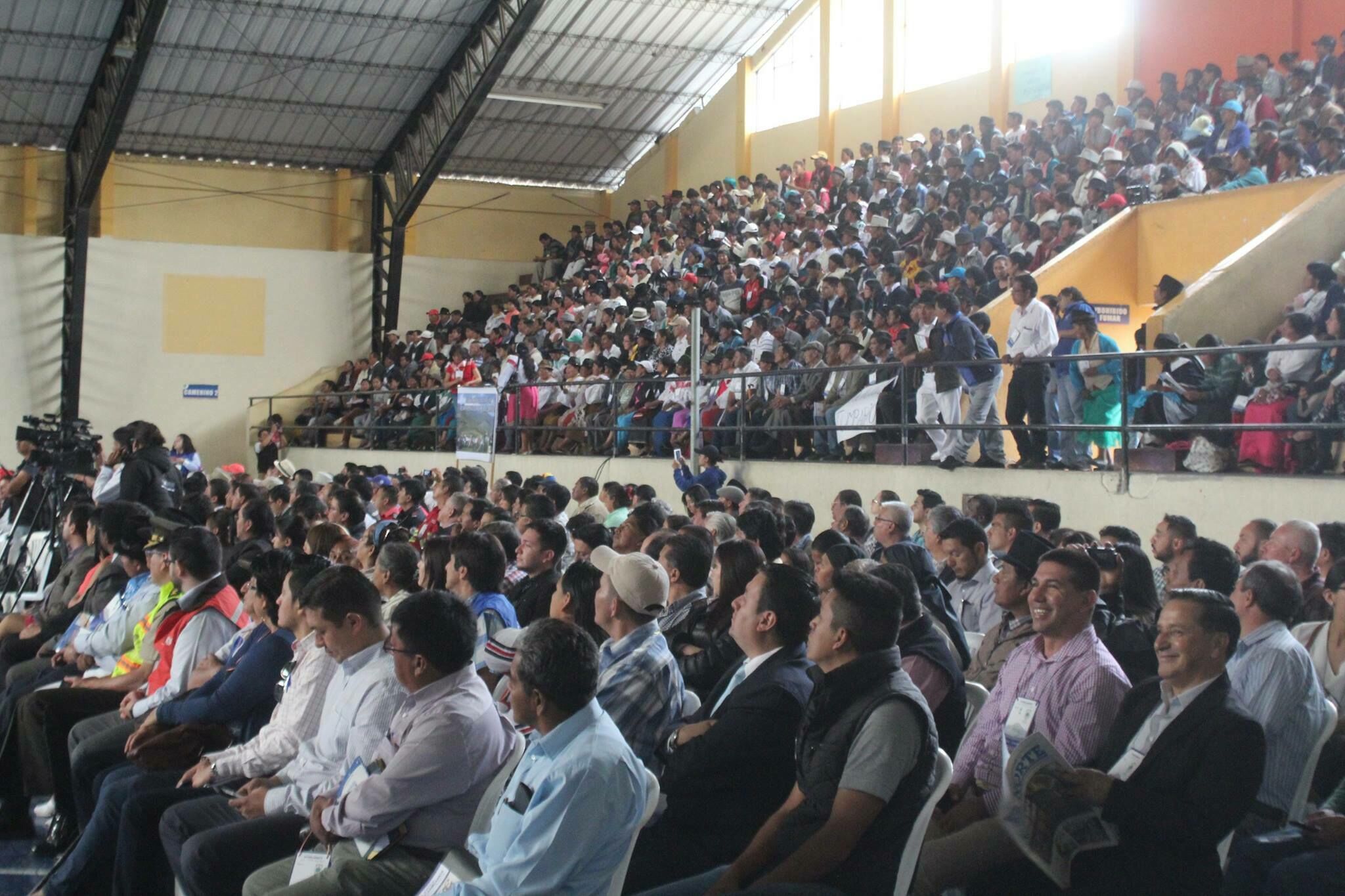Ecuador
Decentralised Autonomous Government of the Province of Imbabura
20-10-2014
20/10/2014 - ongoing
 16th.
16th.
A meeting point between provincial government authorities and citizens, who voluntarily contribute to budget decision-making in rural areas of the province.
All citizens in the different parishes of Imbabura
The Province of Imbabura in Ecuador is made up of 6 cantons, 36 rural parishes and 13 urban parishes. According to projections made by the National Institute of Statistics and Census (INEC), the population of the province in 2020 was 476,257 inhabitants.
The GAD Provincial de Imbabura is the institution in charge of coordinating, planning, executing and evaluating the Participative Provincial Development Plan; strengthening productivity, roads, the adequate management of its natural resources and promoting citizen participation; in order to improve the quality of life of its inhabitants. The Prefecture of Imbabura and several municipalities in the province and the country have implemented participatory budgeting processes with a focus on parishes, so there are successful experiences on the feasibility of implementing participatory budgeting.
The Prefecture leads this process of parish assemblies where citizens decide what should be done in their locality. To meet the demands, the participation of the three levels of government is committed: parish, cantonal and provincial. The provincial GAD (Autonomous Decentralized Government) recognizes that it optimizes resources to achieve significant coverage in each of the cantons and parishes with impact projects.

The structuring of the Participatory Budget is carried out through the active involvement of citizens. In addition, the articulation of the three levels of autonomous governments: Prefecture, Municipalities and Parish Governments, allows adding budgets for, within the competencies of each institution, to attend to the demands of the communities.
In our ordinance that regulates the structure and operation of the Citizen Participation System in the province of Imbabura, it defines that of 100% of the budget allocation, 30% will be destined for the Participatory Budget and 70% for strategic projects of the province. The determination and distribution of the Participatory Budget is subject to the following technical criteria:
Citizen Participation in parish assemblies is the backbone that allows democratizing and prioritizing investment in road, irrigation, environmental and economic development projects, in accordance with the competencies in which the provincial body operates.
The assemblies are spaces where citizen power, respect for these rights and a dialogue are evident that give rise to the planning of works and projects aimed at improving the quality of life of the inhabitants in each of the different communities. For this, the articulation of the three levels of government allows adding budgets with which it is possible to give a positive response to the demands of each sector.
More information: